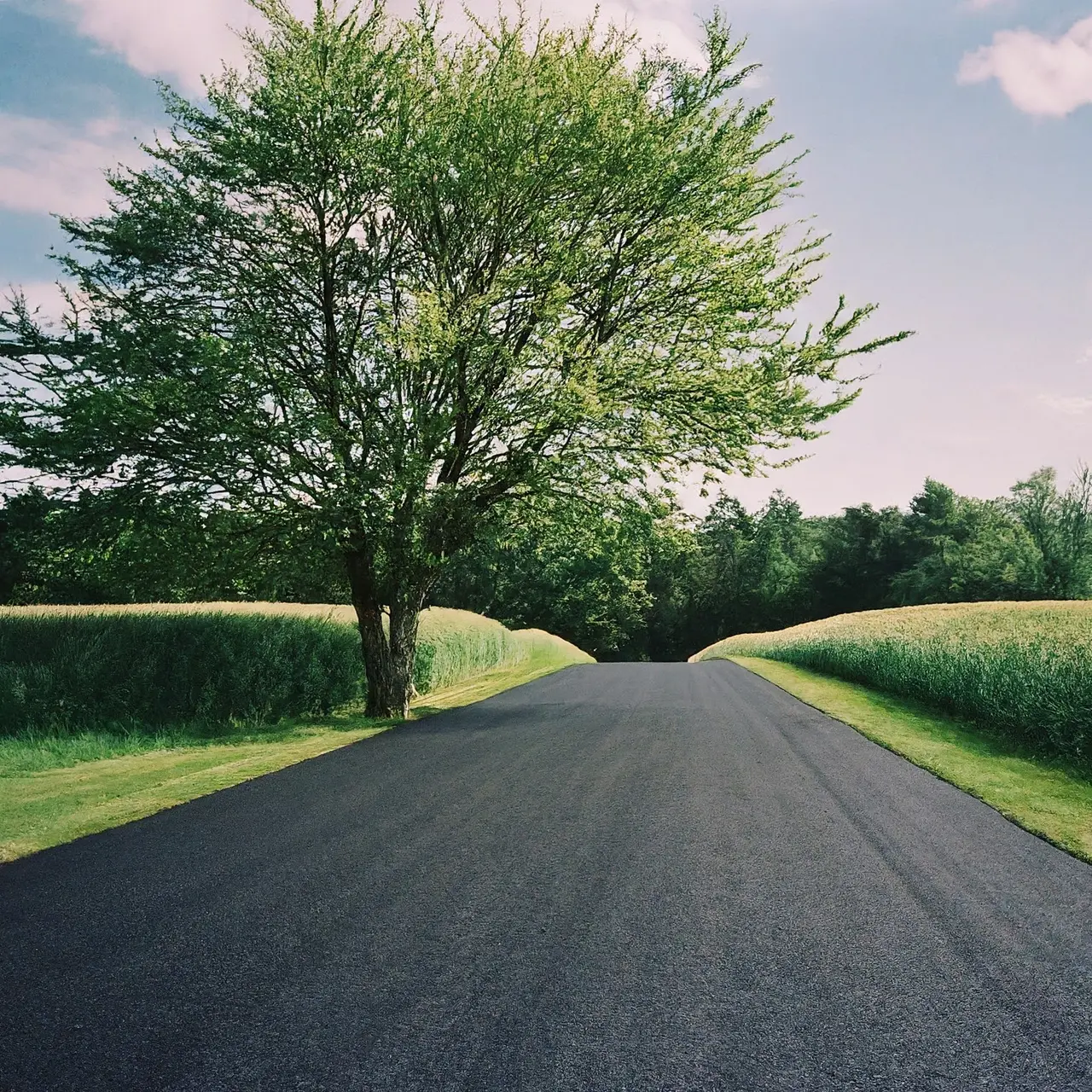Think tar driveways are too pricey and high-maintenance? Let’s pave the way to the truth and debunk some common myths.
1. Tar Driveways Are Too Expensive
When it comes to installing a driveway, the cost is often a significant consideration for homeowners. A common misconception is that tar driveways are prohibitively expensive. However, the reality is that the initial installation cost of a tar driveway is competitive with other materials, and when you factor in its longevity and low maintenance requirements, it becomes an economically sensible choice for many homeowners. The key to maximizing your investment lies in proper installation and occasional maintenance, which helps prevent major repairs and extends the driveway’s lifespan, offering excellent value over time.
2. Tar Driveways Do Not Last Long
Contrary to the myth that tar driveways have a short lifespan, when properly installed and maintained, they can last for twenty years or more. The durability of a tar driveway primarily depends on its foundation and the quality of the material used. Additionally, simple maintenance, such as seal coating every few years, can protect the surface from water penetration, UV rays, and chemicals, thereby extending its life. Adequate drainage is also crucial in preventing water accumulation, which can undermine the driveway’s integrity over time.
3. Installing Tar Driveways is Harmful to the Environment
The misconception that tar driveways are bad for the environment stems from concerns about petroleum usage and runoff issues. However, modern tar paving materials are more environmentally friendly than many realize. Many tar mixtures now incorporate recycled materials, such as rubber from old tires, reducing the need for new petroleum products and keeping waste out of landfills. Furthermore, porous asphalt options allow for better water drainage and can help recharge groundwater supplies, mitigating one of the primary environmental concerns related to driveway installations.
4. Tar Driveways Require High Maintenance
Moreover, sealcoating, a primary maintenance task for tar driveways, is both accessible and affordable. This process not only extends the lifespan of the driveway but also restores its original black color, making it look newly paved. Small cracks and holes can be easily filled and repaired, preventing them from becoming major issues. Comparatively, these maintenance requirements are minimal, especially when considering the maintenance and repair complexities associated with alternative driveway materials.
5. Tar Driveways Only Come in Black
One of the most persistent myths about tar driveways is their lack of color options, with many believing that black is the only available color. While the natural color of tar is indeed black, advancements in material technology have introduced a variety of coloring options. Homeowners can now opt for a range of hues by using tinted sealers or by incorporating colored stones into the tar mix, allowing for customization that can complement any home exterior. This myth no longer holds true, as the aesthetic versatility of tar driveways has significantly increased.
6. DI_RATEYIARRATIONATRYKIATIONUTARRILLSOLVEITUATIONLSLATION of Tar Driveways is Easy
While DIY projects can be appealing for their potential cost savings and personal satisfaction, installing a tar driveway is not typically a recommended DIY endeavor. The process requires specialized equipment, technical knowledge, and experience to ensure proper grading, compaction, and finish. A poorly installed driveway can lead to issues such as improper drainage, premature cracking, and uneven surfaces, which can cost more to repair or replace than hiring professionals from the start. It’s important to recognize the complexity and skill involved in installing a tar driveway, making it a task best left to experienced contractors.

